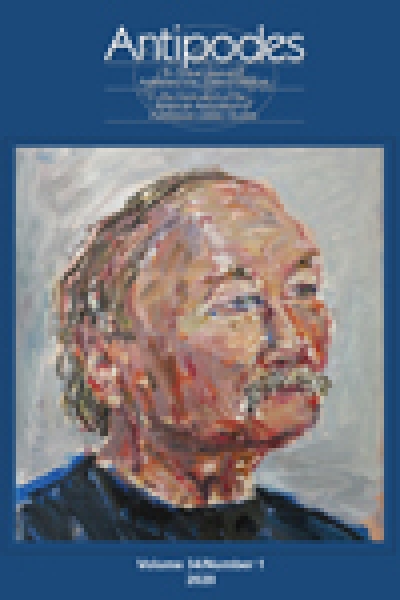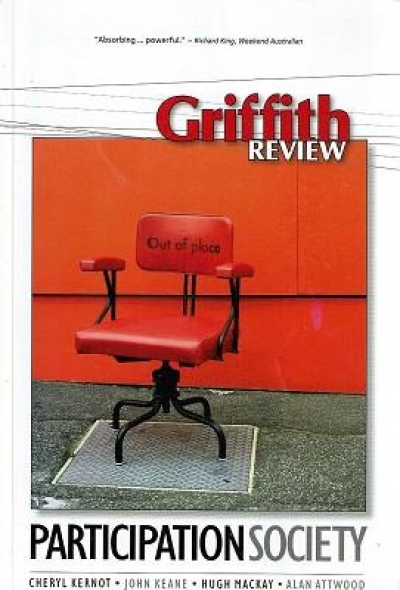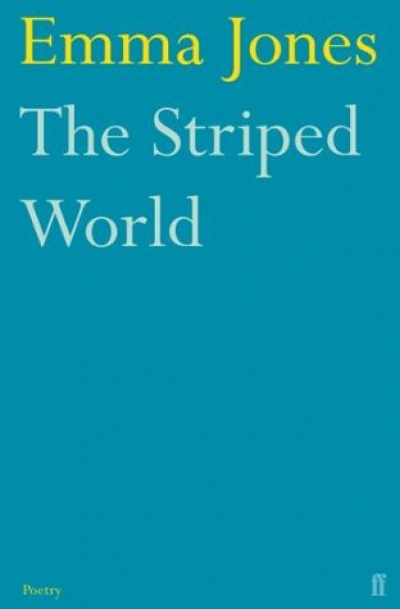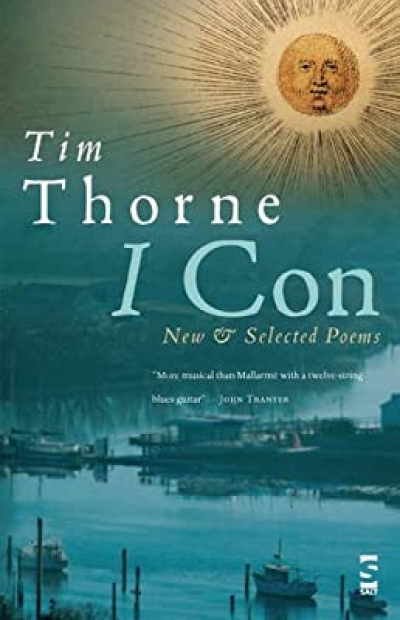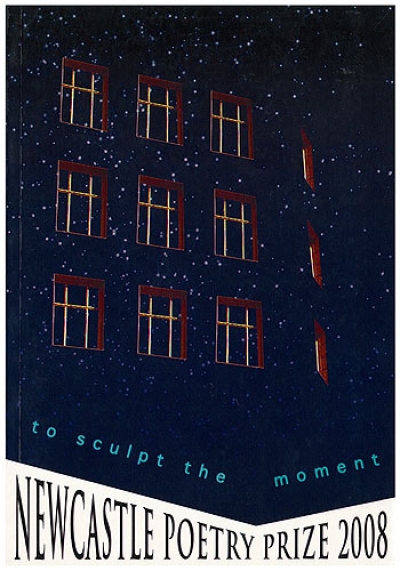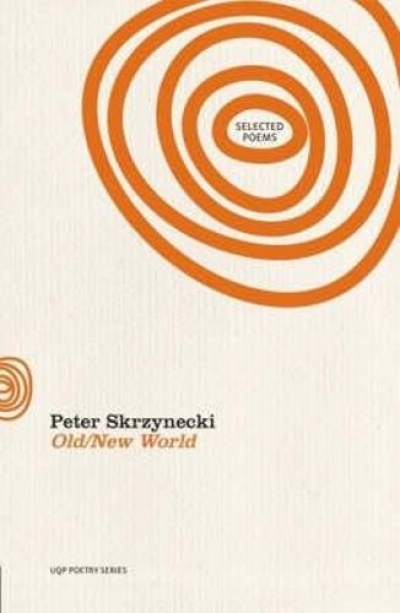The American poet William Carlos Williams often admitted how much he owed to the ‘little magazines’ that first published him. As they lapsed in and out of existence, he regarded them all as essentially the one publication and was grateful for the lifeblood they gave his (at first unpopular) writing. It is to be hoped that Australian literary magazines of various political shades and aesthetic proclivities, from Quadrant to Overland, are doing something similar. Indeed, when so much else is in flux in the publishing world, it is amazing how enduring Australia’s top literary magazines have been, despite their often small subscription lists. Even Island magazine, which is something of a junior compared to Meanjin, Southerly, and Westerly, has been around for twenty-seven years. Space: New Writing, on the other hand, has just appeared in its third number. To judge from the best material in the current issues of both magazines, Australian literary culture is not being ill-served here. If not everything is of equal interest (how could it be?), there is plenty of satisfaction to be had in both.
...
(read more)

